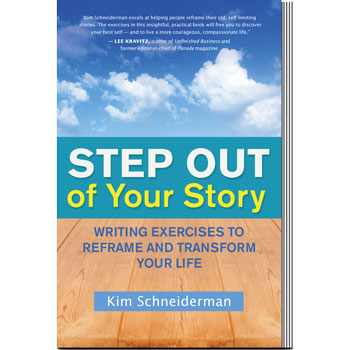In the movie Stranger than Fiction, Harold Crick is a robotic IRS agent who begins to question his mundane existence when he hears a mysterious voice narrating his life and foreshadowing his untimely death. When he discovers that he is not the master of his own destiny, but rather a fictional character dreamed up by an eccentric female author, whose voice he has been hearing, Crick tracks down his creator and convinces her to rewrite the ending of his story.
While both strange and fictional, Crick’s journey speaks to our capacity to reclaim our personal narratives when we tap into the voice of our inner omniscient narrator, which like the author in Crick’s narrative, has an elevated perspective on our life story.
https://www.psychologytoday.com/blog/the-novel-perspective/201505/tapping-your-omniscient-narrator

I did NANO 2 years in a row. The first year I wrote 50,000 words of a decent story that MIGHT still becmoe a novel, but is still very amorphous in my head. When I started, I thought I had a novel, but really just an idea that got fleshed out and is still waiting to be finalized. The second year, I really DID have a novel and after the 30 days I went on to write another 60,000 words and now I am doing final editing and hope to start querying agents. Honestly, I thought it would be the other way around. I think the biggest thing about the whole NANO experience is the discipline of ABC (applying butt to chair) and getting the 50K words out of your head and into physical form. After the 30 days, if you keep going or if you put it aside to marinate, that’s up to you, but at least you have a hunk of work done and that’s a good thing. Good luck and keep writing!thank you! I was chatting with some other NaNo participants last night, one of whom is also a short story writer. We were talking about what a stretch it was to go long when you’re used to holding an entire story in your head. And we agreed it was a good stretch. It is definitely good for ABC discipline, for showing me what is possible even given how insane my schedule is and how many other demands there are on my time. I love the idea of failure not being a problem. That’s one thing that’s always stopped me before, the idea that if I didn’t have it all figured out, or if I lost steam partway through, it wasn’t worth continuing. Now I have given myself permission to fail, permission to get off track sometimes and permission to just write stream of conscious that will eventually get deleted. Whether I’m writing something for the story or something that is more like brainstorming, it’s all contributing. It’s a good experience and I’m glad I’m doing it. Halfway there K